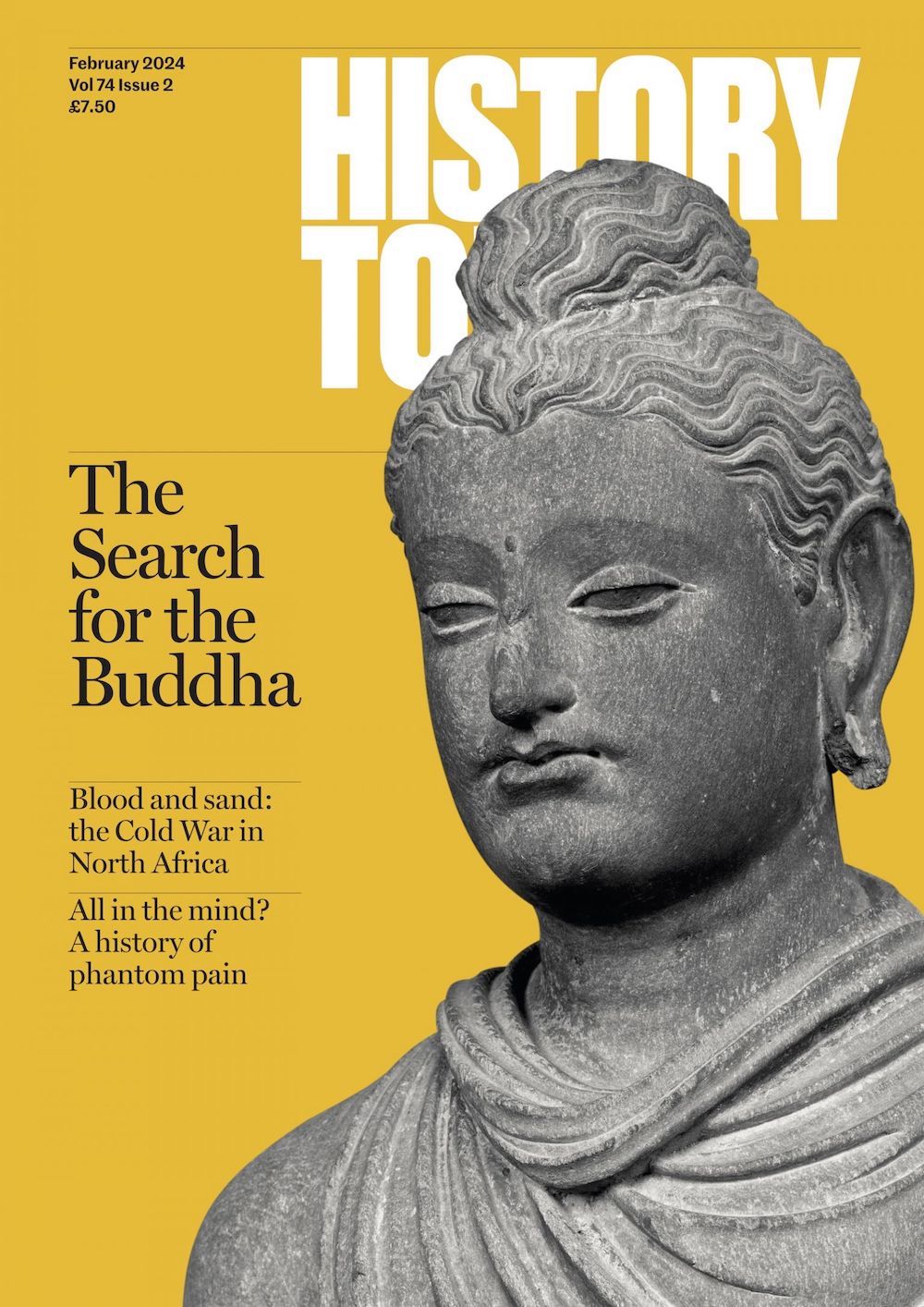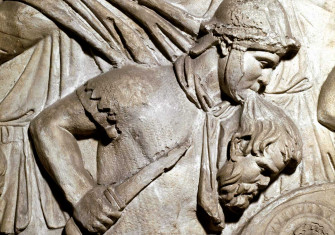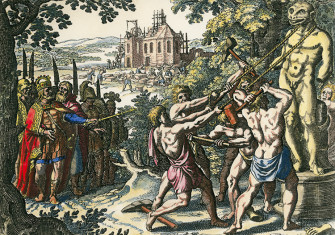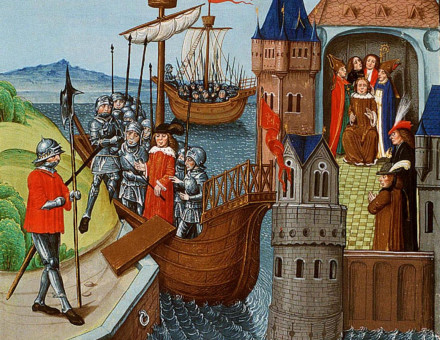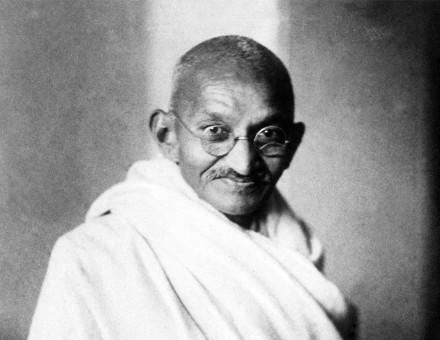‘Theoderic the Great’ by Hans-Ulrich Wiemer review
In Theoderic the Great: King of Goths, Ruler of Romans, Hans-Ulrich Wiemer fully reinforces his vision of Theoderic as a man grappling with challenges which still confront us today.
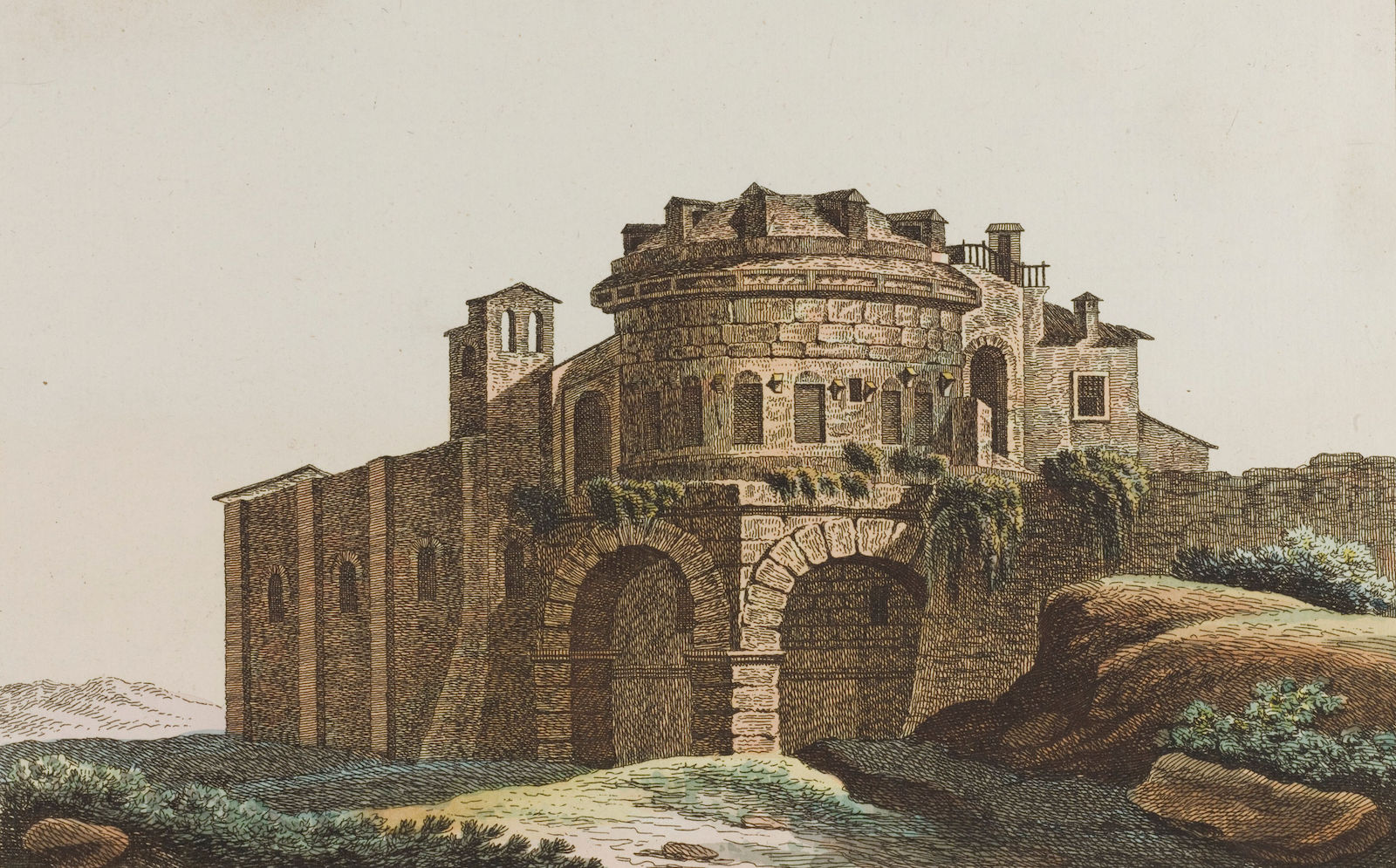
When Theoderic the Great died on 30 August 526 his fame spanned the Mediterranean world. The Ostrogothic king ruled over Italy, southern France and much of Spain. His was the most powerful Germanic kingdom to arise following the collapse of the Western Roman Empire, and his name demanded respect from the Eastern emperor who still reigned in Constantinople. Theoderic was a key figure in a crucial transitional period of European history, and in this excellent book Hans-Ulrich Wiemer has performed an outstanding feat in bringing to life Theoderic, his kingdom and his wider world. The book was originally published in German in 2018 and has been expertly revised for the English translation by John Noël Dillon.
Wiemer begins by setting the scene, from the challenges posed by our sources and the difficulty of names (who were the Ostrogoths?) to the complexity of early Gothic history, the impact of Attila the Hun and the much-debated ‘decline and fall’ of the Roman Empire in the West. All these elements are essential background to Theoderic, who in 493 led 100,000 men, women and children from the Balkans into Italy where he overthrew Odovacer who in turn had deposed Romulus Augustulus, the last Western Roman emperor. For the next 30 years, Theoderic successfully ruled over both Goths and Romans, pursuing a policy which Wiemer accurately describes as ‘integration through separation’. Theoderic’s subjects were divided by culture, language and religion; the king did not seek to force assimilation. Instead, he sought to balance the varying concerns of Gothic warriors, Roman senators and Catholic bishops who regarded Theoderic and his Goths as ‘Arian’ heretics. Wiemer is careful to warn against exaggerated assessments of Theoderic’s achievements, for all levels of society did not benefit equally and we must recognise such limitations before proclaiming his reign a ‘Golden Age’. Yet it is impossible not to be impressed as Wiemer presents in striking detail the administrative structures which Theoderic preserved, the expansion of Ostrogothic power as he pushed back the Franks to the north and absorbed Visigothic Spain, and the remarkable diplomacy with which Theoderic respected the papacy while promoting the ‘Arian’ Christianity to which he and his followers remained devoted. Across three decades, Theoderic delivered a degree of peace and stability which Italy would not experience again for centuries, only for his kingdom to shatter not long after his death as the armies of the Eastern emperor, Justinian, invaded in 535 and began 20 years of warfare that devastated Italian society.
To what extent should we hold Theoderic responsible for the swift demise of the kingdom which he had worked so hard to build? This is a question which has fascinated many scholars, but for Wiemer is not a subject requiring detailed debate. His exploration of the tensions which dominated Theoderic’s final few years is brief and the final judgement concise: ‘The reasons for the rapid fall of his kingdom must be sought in places that were largely beyond his influence.’ Theoderic’s inability to sire a son forced him into a succession plan which failed when his son-in-law Eutharic died first, leaving Theoderic’s daughter Amalasuintha and her young son Athalaric to struggle to assert their authority after Theoderic’s death. That period of weakness coincided with the rise of Justinian in the East, and left Ostrogothic Italy highly vulnerable to imperial intervention. Wiemer is unquestionably correct to emphasise these factors, but more could and should have been said. Theoderic’s essential policy of ‘integration through separation’ may have worked as a short-term measure but in the long term it was fundamentally flawed. The ongoing divisions between Goths and Romans left fracture lines which opened during times of crisis. These became increasingly evident in Theoderic’s final years with the execution of the Roman senator (and, later, Christian martyr) Boethius and the unjust imprisonment of Pope John. We can therefore ask whether Theoderic might have done more to close those rifts, even to the extent of joining the Catholic faith as did the Frankish king Clovis and the later Visigothic king Reccared in Spain. Wiemer highlights greater social unity achieved in those other kingdoms, yet he doesn’t elaborate on his belief that such a measure would have been unthinkable for Theoderic.
In the Western consciousness, Theoderic’s memory has exerted a much deeper influence than his fallen kingdom. Here, too, Wiemer has valuable thoughts to share, although a reader is left desiring a little more. Theoderic’s contradictory legacy as heretical persecutor and Germanic champion receives only sparse attention in the final chapter. The Ostrogothic king’s reinvention as the medieval hero Dietrich von Bern who features prominently in the epic poem Nibelungenlied (c.1200) will be familiar to German audiences, but requires more detailed treatment in this English translation. The very title of the book bestows on Theoderic an epithet which as Wiemer observes is well established in German writings but has never been regularly adopted elsewhere. It is true that Theoderic’s historical impact is overshadowed by figures such as Constantine, Justinian and Charlemagne. Nevertheless, Wiemer’s meticulously researched and superbly presented argument fully reinforces his vision of Theoderic as a man grappling with challenges which still confront us today: migration and integration, social inequality and cultural diversity. This is a book which offers much to inspire any reader and gives Theoderic the foundation he emphatically deserves.
- Theoderic the Great: King of Goths, Ruler of Romans
Hans-Ulrich Wiemer, translated by John Noël Dillon
Yale University Press, 664pp, £35
Buy from bookshop.org (affiliate link)
David M. Gwynn is Reader in Ancient and Late Antique History at Royal Holloway, University of London and author of The Goths: Lost Civilizations (Reaktion, 2017).

